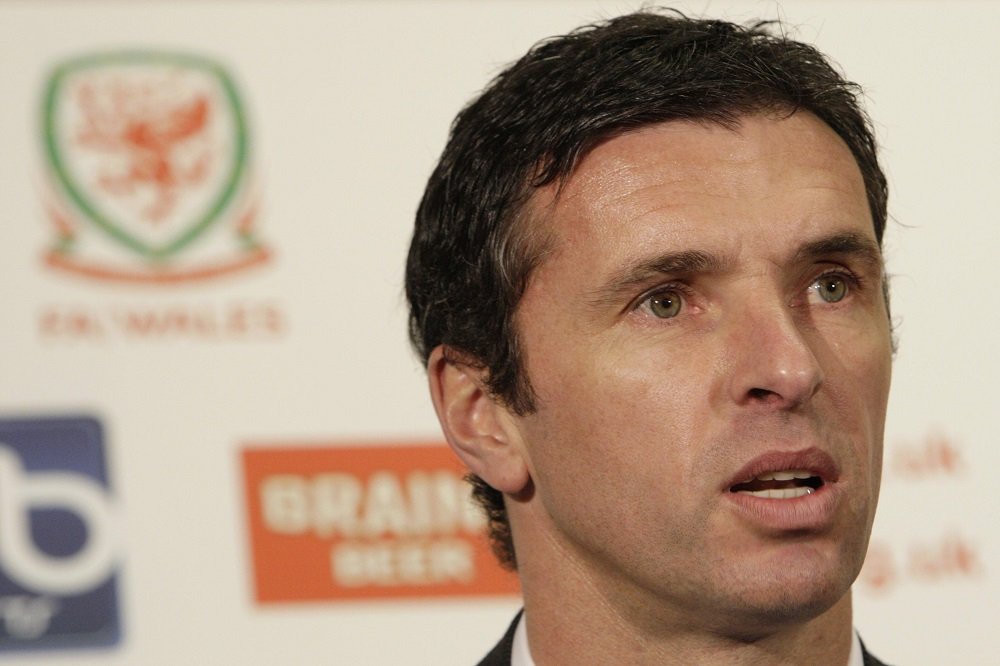5 footballers who committed suicide
Being a footballer is a dream for football fans and players alike, isn’t it? The wealthy riches that come by make life a bed of roses, albeit one does have to toil hard to reach that level.
When you have the influx of cash a footballer has, there’s hardly a reason to be sad, isn’t it? But that’s not the case.
Footballers over the time face pressures that sometimes tend to go overboard. As a result, they end up taking their own lives to be freed from the struggle once and for all. In this list, we discuss 5 footballers who have committed this deed.
5. Robert Enke
Having begun his career with Carl Zeiss Jena, Robert Enke was a pretty good journeyman in his own sense. The German keeper played for Hannover, Benfica, Barcelona, Borussia Monchengladbach, Fenerbache and Tenerife in his career.
Even with that constant changing and swapping of clubs, Enke was one of the elite shot-stoppers around in his times. He also won the best goalkeeper award in season 2008/09, sadly just two days before he decided to end his life.
Enke threw himself in front of a running train on 10 November in 2009, putting an end to all the misery that had messed up his head. The police never publicized his suicide note, albeit his wife did clarify that her husband took such a grave step to end the depression he was suffering since they lost their daughter Lara in 2006.4. Alan Davies (1961-1992)
Manchester United’s trophy-laden history is star-studded with a list of legendary names. Unfortunately, Alan Davies was far off from making that list.
An English-born Welsh footballer, Davies started his career with Manchester United but made only 10 appearances for them and scored just one goal.
He further played for Newcastle, Carlisle United, and Charlton Athletic, before joining Swansea in 1987. Five years later, however, Davies was found dead in his car as a result of carbon monoxide poisoning. He apparently committed suicide after dropping off his daughter to school.
In August 1992, Manchester United and Swansea City played a testimonial in his honour.3. Gary Speed (1969-2011)
Gary Speed was one of the most celebrated professionals in the beautiful game. A player who amassed over 500 Premier League appearances and helped Leeds United win their third First Division title, the Welshman was a darling for millions.
He may have retired with great wealth, honour and respect, but Gary Speed shocked the world when he decided to hang himself in his car garage on 27 November 2011. His wife called for the ambulance but it was too late.
Tributes and condolences poured from every nook and corner of the country from managers, footballers, fans, pundits all alike. Players Craig Bellamy weren’t able to play that weekend out of shock.
It’s hard to fathom what form of deep sorrow could have affected Speed to take the step he took, knowing he had achieved happiness in both professional and personal life.2. Dale Roberts (1986-2010)
Dale Roberts started his career at Sunderland and went on to play for Middlesbrough in his later years. He also notched the England C player of the season award in 2009/10 campaign.
However, just when he was starting his descent to becoming a good footballer, Roberts hanged himself at the age of 24. He was reportedly depressed due to his injury and the fact that his fiancée was having an affair with one of his teammates Paul Terry (brother of John Terry).1. Hughie Gallacher (1903-1957)
Hughie Gallacher had an immensely successful career in football. He made 624 senior appearances for 8 clubs and scored 463 goals in the process. Yet, he couldn’t enjoy a calm and peaceful retirement and enjoy getting lost in the nostalgia of his good old playing days.
Gallacher had a troubled personal life. He went bankrupt following a prolonged divorce with his wife. Having turned into a drunkard in his later years, he also lost the custody of his son.
Finally, at the age of 54, on 11 June 1957, Gallacher decided to call it a day when he jumped in front of an express train.
